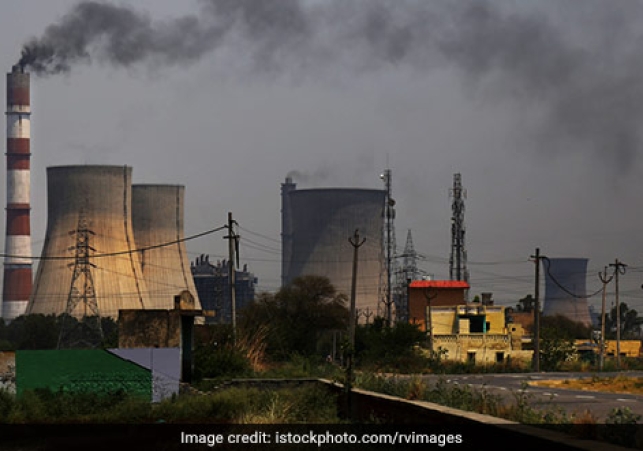
Delhi's air quality 'severe'; ongoing restrictions in place
Delhi's air quality in 'severe' category; ongoing restrictions to address pollution
New Delhi continued to grapple with severe pollution as the air quality index (AQI) reached 420, according to the Central Pollution Control Board (CPCB). The day started with shallow fog and mist, reducing visibility to 800 meters, as reported by the India Meteorological Department (IMD). The 24-hour average AQI was 395, categorized as "very poor," on the previous day.
IMD predicts partial clearing of skies in the afternoon and evening
IMD forecasts suggest that the sky will partially clear later in the day, with maximum and minimum temperatures expected to be around 31 and 16 degrees Celsius, respectively.
While the air quality briefly improved to "very poor" on Tuesday, it quickly returned to the "severe" category due to a shift in wind direction. Winds from the northwest brought stubble burning and worsened the pollution situation. Data from the Decision Support System (DSS) indicated that stubble burning contributed to approximately 33.07% of Delhi's air pollution on Wednesday.
ALSO READ: Supreme Court takes a firm stand on firecrackers, blames citizens amid pollution crisis
The Early Warning System (EWS) anticipates an improvement in AQI to "very poor" on Thursday, primarily due to stronger winds expected to persist until Saturday. Furthermore, the IMD has mentioned the possibility of drizzles in Delhi on November 10.
Kuldeep Srivastava, an IMD scientist, explained that wind speeds were relatively low on Tuesday but are expected to increase gradually from Thursday onwards, possibly even reaching 15 km/hr by Saturday. Delhi recorded a maximum temperature of 31.7 degrees Celsius and a minimum of 14.9 degrees, both slightly above normal.
In response to the severe air quality, stage 4 measures of the Graded Response Action Plan (GRAP) remain in place, including restrictions on the entry of certain vehicles and halting linear construction projects.
ALSO READ: IIT-Kanpur to combat Delhi-NCR air pollution with artificial rain: report
The Supreme Court recently questioned the effectiveness of the odd-even car rationing scheme implemented by the Delhi government and directed neighboring states to stop crop residue burning promptly to combat the alarming pollution levels.





